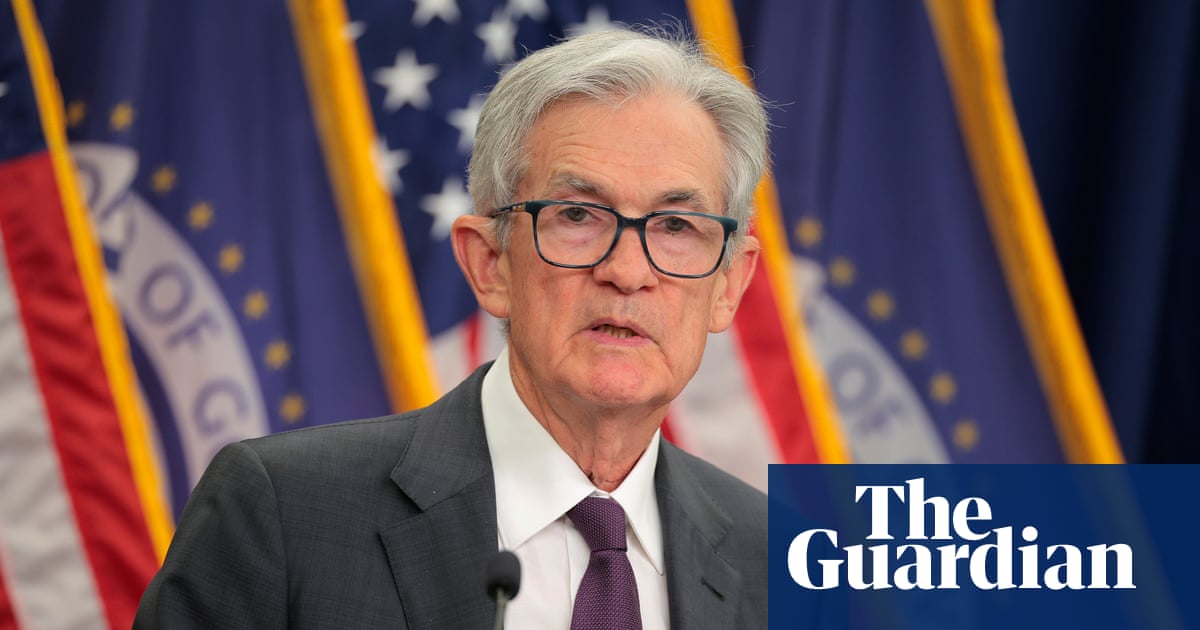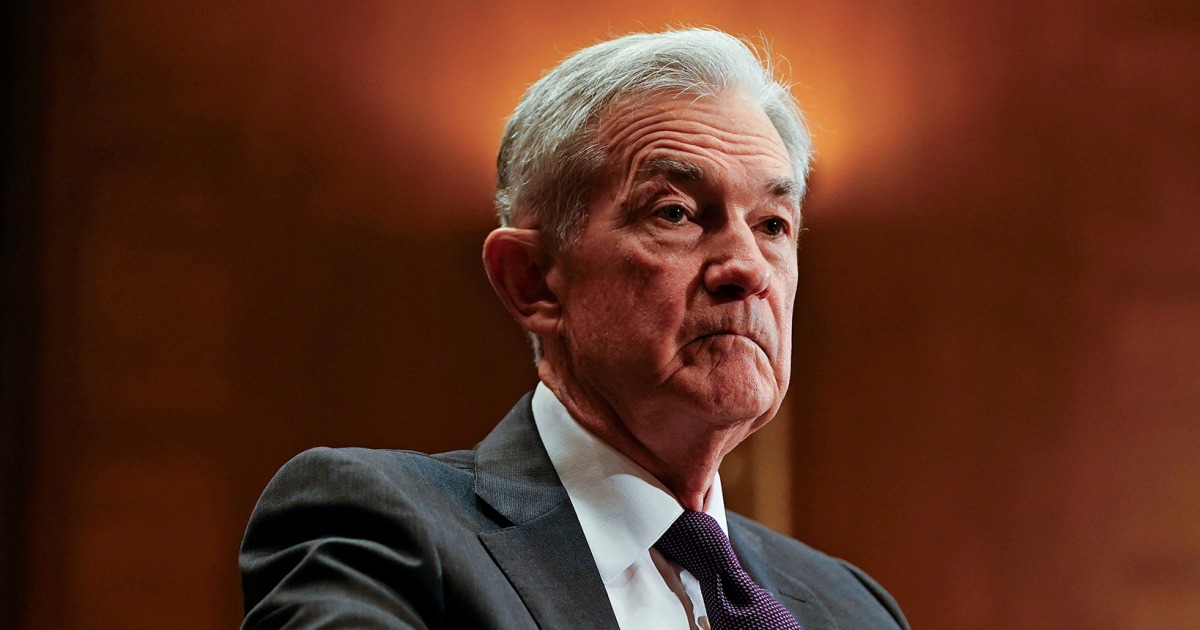T4K3.news
Jerome Powell faces dissent at the Fed
Two Federal Reserve governors oppose the decision to maintain current interest rates, marking a historic dissent.

A hawkish tilt changes rate-cut expectations.
Jerome Powell's stance faces unexpected dissent
The Federal Reserve is facing notable internal conflict as two of its members voted against the majority decision to maintain interest rates at 4.25-4.5%. This decision marks the first time in over three decades that the Fed has experienced a double dissent among its governors, with Christopher Waller and Michelle Bowman favoring a reduction. This dissent emerges amid President Donald Trump's vocal criticisms of the Fed and his tariff policies that are testing the U.S. economy.
Key Takeaways
"This dissent is a reflection of growing tensions within the Fed."
Commenting on the unusual disagreement among Fed governors, analysts note its historical significance.
"Dissension at the Fed could reshape market expectations significantly."
Financial experts are concerned that the internal conflicts may lead to market unpredictability.
This dissent within the normally unified Fed could signal rising tensions about future monetary policy directions. Powell's leadership is under scrutiny with diverging views on how to respond to economic pressures. The current political climate adds another layer of complexity, as external pressures from the White House could influence how the Fed operates. Investors may need to brace for potential shifts, as the usual calm at the Fed gives way to uncertainty.
Highlights
- A double dissent signals a shift in the Fed's usual unity.
- More dissent within the Fed could challenge Powell's authority.
- Political pressure on the Fed is rising amidst market uncertainty.
- Investors must prepare for a possible shift in monetary policy.
Political pressure on the Federal Reserve raises concerns
The increasing dissent among Fed governors, coupled with external political pressures from the Trump administration, creates uncertainty around future monetary policy, potentially impacting investor confidence and economic stability.
The implications of this dissent extend beyond the Fed, potentially influencing trade and investment decisions.
Enjoyed this? Let your friends know!
Related News

Trump escalates Fed criticism amidst economic turmoil

Trump calls for Fed to lower rates amid leadership changes
Potential dissent at the Fed may signal policy shifts

Federal Reserve maintains key interest rate amid dissent
:max_bytes(150000):strip_icc()/GettyImages-2227723534-b867774a1c2d4a538a289a44bae02b57.jpg)
Stocks Decline as Powell Shares Outlook on Interest Rates

Trump intensifies pressure on Federal Reserve Chair

Federal Reserve keeps rates steady amid tech earnings
